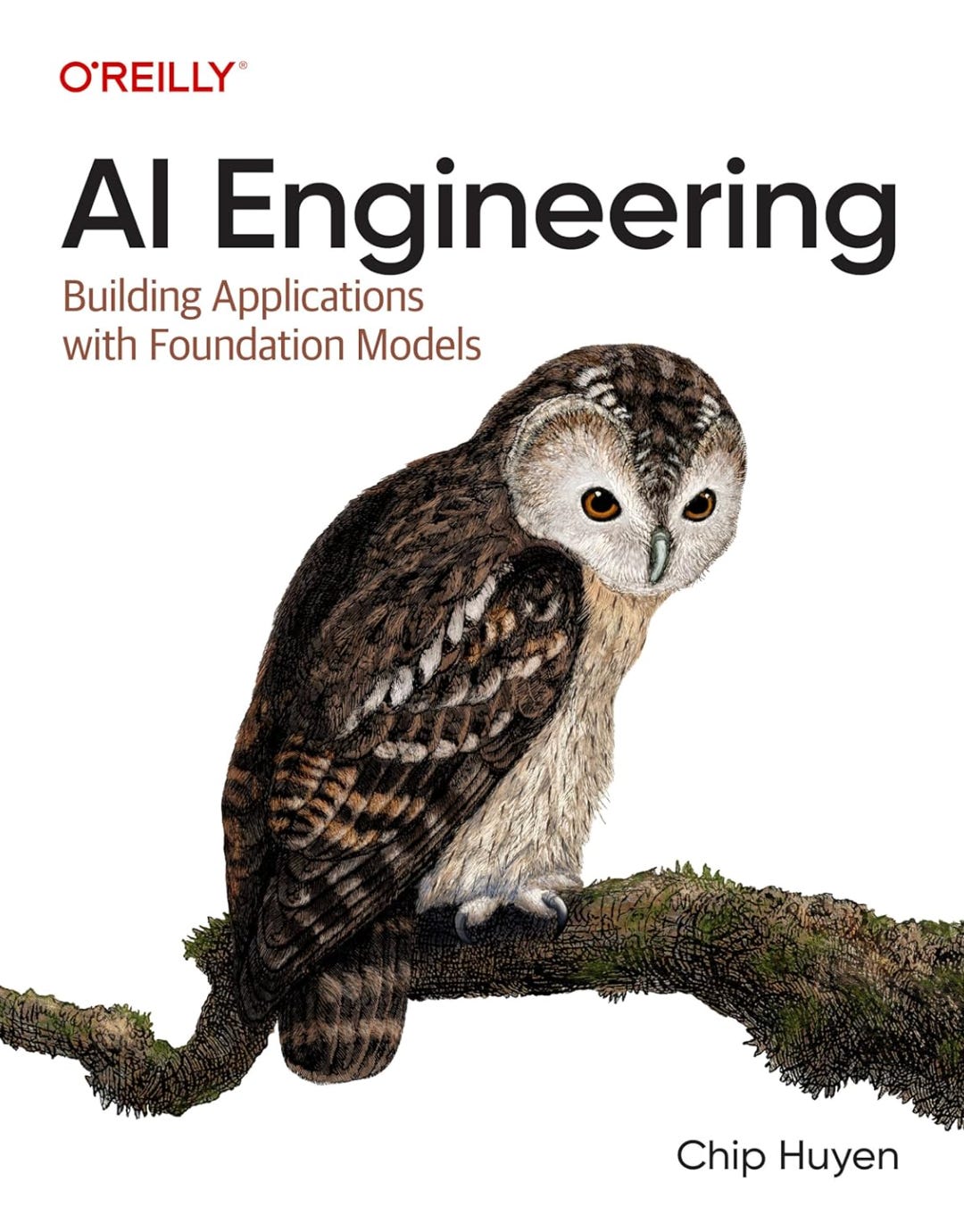The future of work: AI, juniors, and expectations
Our work environment is going to change drastically in the next years, but we cannot really predict in which direction we are going.
There are jobs that cannot (yet) be replaced by AI, but often those jobs are challenged to find people who genuinely want to do this job, too.
We see a change in the mindset of the people.
So people expect to get a comparably high salary for comparably less work.
They expect to be promoted faster to senior positions, even though they most often are not even really an expert in one of the subjects they are working in.
And since COVID, the number of sick leaves has also risen drastically in recent years.
We have a very interesting work situation ahead of us.
AI Engineering and the impact of AI on IT
The IT world is undergoing a big change. When we start looking into how the future with AI can look like, we already can see that it provides impact on our current market and our current environment.
Now, the big question is, into what will this all develop? And what will these roles look like in the future?
In the IT space, we frequently hear about AI engineering, and the term is gaining traction for several reasons. It also makes sense to create this bracket (AI Engineer) around the job that makes GenAI usable for companies.
But on the other hand, there are many specific aspects that you cannot put into a single role:
Imagine you have someone who is an expert in training models and who is an expert in building infrastructure and who is an expert in building a product, creating a piece of software that goes in front of a user and operates them while maintaining safety and security, well, that is unlikely.
Does every IT person need to be an AI engineer?
I don’t think so. Who else is going to keep the banking systems and legacy environments running?
But many have the chance to become an AI-X-Engineer and find a role or define a role that suits their personal interest in the AI age, in the AI era.
Understanding AI engineering roles and capabilities
Again, the role of an AI Engineer is not completely nailed in stone, but in short, it is to leverage GenAI/LLMs to integrate into products, services, and workplaces.
This can cover many disciplines, including prompt engineering, evaluations (evals), RAGing, fine-tuning, providing inferencing, data engineering, and developing middleware to use managed models as a service. (I can recommend here the book of Chip Huyen - AI Engineering, which covers this very well, OR Anthropics Academy course on “Claude with the Anthropic API”, also not called AI Engineering, it covers practically all of its aspects).
Fine, but what is the AIX Engineer?
Well, think about it in a vertical and a horizontal domain.
The AI Engineer role is currently putting a very wide and huge bracket around multiple roles. If you're looking up job definitions, they are everything and nothing.
But we can deconstruct them into specific roles.
Vertical roles would be, for example:
AI software engineer
AI testing
AI platform engineer
AI infrastructure engineer (integrating hardware, networks, tune performance)
AI cloud engineer (utilizing cloud services)
AI ops engineer
Those roles can be persistent for themselves and can be a standalone proficiency.
In addition to that, we have horizontal AI engineering roles, like for security and data protection, safety, observability, or cross-cutting jobs like AI engineering manager, AI product manager, or AI user experience designer.
I think we will see a mix of AIX Engineers and AI Engineers.
Due to a huge skill gap, lack of budget and time to educate people, the first will be easier to achieve. However, the AI Engineer is, as we call it in German, a jack of all trades. But very rare.
AI's impact on junior positions and organizational readiness
Many discussions are currently on AI challenging junior positions. But without juniors, who is going to do the work in one generation?
So, you have to educate juniors, and for sure, their job will look different; they will do it differently, and they will approach it differently. They will become AI-native.
I need to say, this discussion has taken a wrong turn in some way.
Yes, junior positions might get other responsibilities.
They need to learn and use and have AI on hand 24/7, but I think that's nothing that has changed so far from a digital-native with all-time access to the internet. You just don’t have to search; you ask for answers.
I think, actually, the question is more on the employer side.
Are you ready for that generation? Are you ready to have and provide the right AI tools for your juniors so that they can perform at their best?
Or are you the blocker? Are you the problem maybe in the hiring process and the job and the execution of the job?
That's a play we have to consider that goes in two directions.
Interestingly, we often discuss how we're short on people entering the market to fill current roles. So maybe it's not a problem that we have fewer jobs available on the market. And that the people who are going to take up jobs have maybe reconsidered the way they are doing it.
As AI improves at handling routine tasks, people may have more time to focus on other aspects of their job. But let's be realistic.
We see numerous useless office jobs that involve little more than pushing paper, numbers, and PowerPoints from left to right.
Those are things you can establish autonomy around, and with enough time and experience, you can also build an agentic network around this. It's not a question if it makes sense. It makes sense, but the real question is how organizations are going to adapt it and whether you can adapt to it too.
And are you willing to pay for the tech and the knowledge needed?
Nevertheless, I think we still haven’t seen more than the peak of the challenges that are awaiting us.
In my opinion, AI is a tool for experts. A fool with a tool is still a fool, right?
Doesn't matter how good or bad an AI becomes. It’s the person in front of the screen, or microphone, that uses it.
Will all the AIs we're going to work with be general-purpose and generally intelligent about everything? Or are they subject matter experts?
Having a tech team of subject matter experts would likely make us better at everything we do. Maybe even faster. But it's not that they are doing everything for us.
EXCEPT we are talking AGI or even ASI, right, right???





